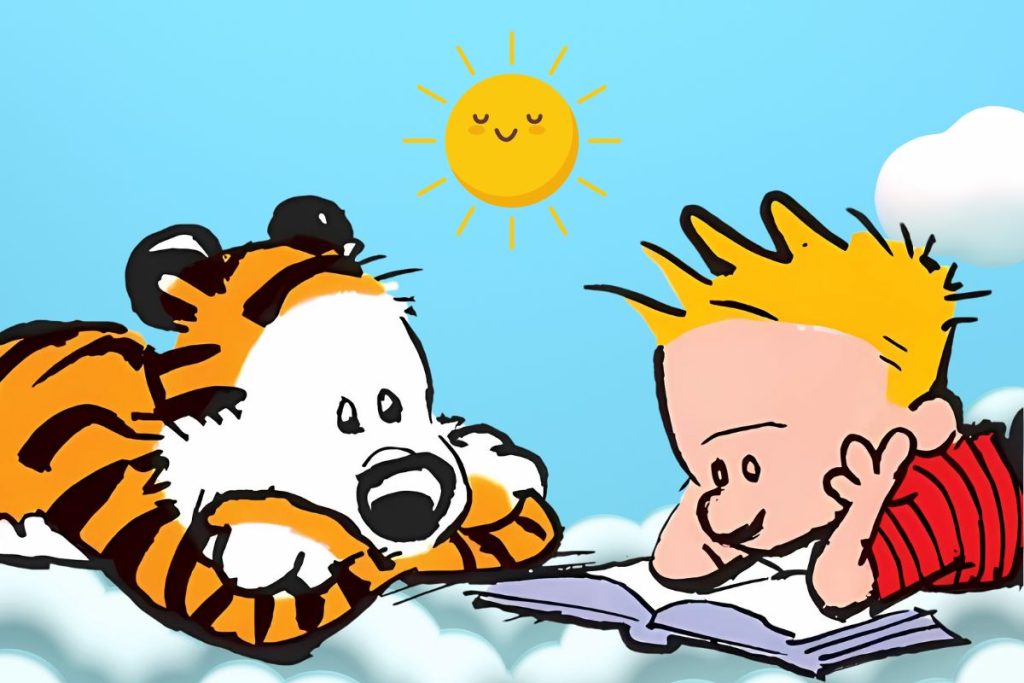
The Enigmatic Quest: Unveiling the Most Powerful God
The concept of a supreme being, a deity holding ultimate power, has captivated humanity for millennia. Across countless cultures and belief systems, the idea of a singular, omnipotent god has ignited fervent devotion, philosophical discourse, and even bloody conflicts. But who, or what, truly claims the title of “most powerful god”?
Table of Contents
Demystifying the “Most Powerful”: A Multifaceted Conundrum
Defining the “most power” within the realm of gods is a complex and often subjective endeavor. Unlike the objective metrics we employ in the physical world, gauging the power of a deity can be as varied as the cultures that worship them.
Strength, Benevolence, or Something Else Entirely?
- Raw Power: Some might equate power with sheer physical might, envisioning a god capable of wielding devastating cosmic forces. Imagine a celestial being effortlessly manipulating galaxies or effortlessly dismantling entire realities.
- Benevolent Influence: Others might value a more nuanced understanding of power, focusing on a god’s ability to influence and guide the world for the betterment of humanity. This interpretation prioritizes wisdom, compassion, and the ability to steer the course of events towards positive outcomes, even if it doesn’t involve overt displays of force.
- Unfathomable Power: Perhaps the true nature of a god’s power lies beyond human comprehension. It could be a force so fundamental and all-encompassing that it transcends our limited perception, existing outside the boundaries of human definition.
Unveiling Contenders: A Glimpse into the Divine Pantheon
Throughout history, various gods have been hailed as the most powerful, each reflecting the unique values and worldviews of their respective cultures. Here, we explore a few prominent examples:
The Abrahamic God: Omnipotence and Omniscience
In the Abrahamic religions (Judaism, Christianity, and Islam), the concept of a singular, omnipotent (all-powerful) and omniscient (all-knowing) God reigns supreme. This deity is the creator and sustainer of the universe, possessing absolute sovereignty over all existence.
The Hindu Trinity: A Dance of Creation, Preservation, and Destruction
Hinduism presents a unique perspective with its concept of the Trimurti: three deities representing distinct yet interconnected aspects of the divine.
- Brahma, the Creator: Responsible for the creation of the universe and all its inhabitants.
- Vishnu, the Preserver: Maintains cosmic order and balance, often taking avatars to intervene in the world’s affairs.
- Shiva, the Destroyer: Represents change, transformation, and the dissolution of the universe to pave the way for its recreation.
Zeus: The Olympian Thunderer of Greek Mythology
In Greek mythology, Zeus, the king of the gods, embodies raw power and authority. He wields the thunderbolt, a symbol of his immense power and control over the natural world. While not an all-encompassing deity, Zeus reigns supreme within the Olympian pantheon, demanding respect and obedience from other gods and mortals alike.
Beyond the Familiar: Exploring Diverse Notions of Divinity
It’s crucial to remember that these are just a few examples from a vast and diverse tapestry of cultures and beliefs. From the cyclical deities of ancient Egypt to the animistic spirits revered by indigenous communities worldwide, the concept of “god” manifests in countless forms, each imbued with unique interpretations of power and influence.
The Elusive Answer: A Journey Beyond Comparison
Ultimately, the quest to identify the “most powerful god” might be a futile pursuit. As humans, our understanding of divinity is inherently limited by our own cognitive frameworks and cultural biases. Instead of seeking a definitive answer, perhaps the true value lies in the exploration itself.
Engaging with diverse perspectives on the divine allows us to broaden our understanding of the universe, appreciate the richness of human imagination, and foster a sense of empathy and respect for different belief systems.
Embracing the Mystery: A Celebration of the Divine Tapestry
The beauty of the divine lies not in finding a single, definitive answer, but in reveling in the vast tapestry of human imagination. Each culture’s interpretation of the “most powerful god” reflects their hopes, fears, and aspirations, offering a glimpse into the very essence of human existence.
February 28, 2024

















